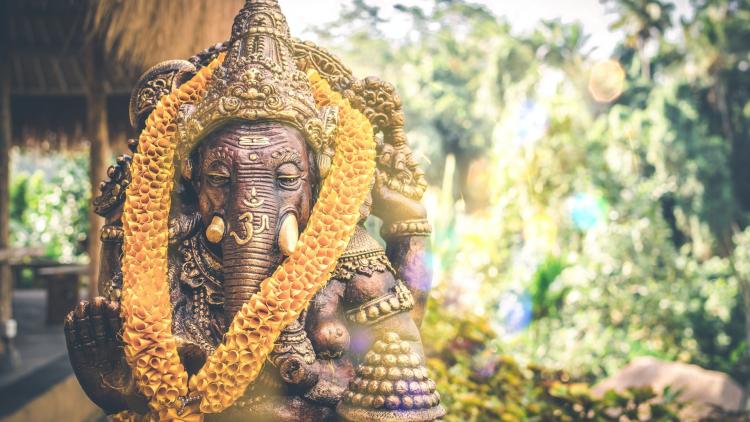Religious Practice in Japan: Texts, Rituals and Believers

Key information
- Status
- Module not running
- Module code
- 15PSRC071
- FHEQ Level
- 7
- Credits
- 30
- Department
- Department of Religions and Philosophies
Module overview
This course addresses the religious phenomena in Japan in their historical context and focuses on specific themes relevant to the understanding of the social aspects of Japanese religion, and the influence of religion upon Japanese culture.
Objectives and learning outcomes
The aim of the course is to achieve a balance between the traditional emphasis on doctrinal issues which underline the formation and development of the various religious traditions, and an analysis of the practice of religion as a more inclusive phenomenon which embraces institutions, rituals, beliefs, and active participation.
At the end of the course students:
- should have acquired a good knowledge of the characteristics of the major religious traditions developed in Japan;
- should have developed a critical understanding of the religious practice of Japanese society;
- should be aware of the way in which Japanese religions present themselves and the way they are studied in the West.
Scope and syllabus
During the first term the course will explore the process through which the various traditions came into being and underwent transformation, following a chronological order. Particular attention will be paid to the relation between religious institutions and the centres of political power, and to the mechanisms of legitimation that religious movements used to promote themselves.
During the second term the course will follow a thematic approach, focusing on topics which are critical for the understanding of the religious landscape in contemporary Japan. Links will be made with the material analyzed in the first term, aiming to disclose the paradigms of continuity and change in the religious practices of Japan
Timetable
-
1 hour lecture and 1 hour seminar each week for 20 weeks
Method of assessment
- One essay of 2500 words (30%)
- One essay of 3500 words (50%)
- One class presentation of 15 minutes (10%)
- Participation in class discussion (10%)
Convenor
Disclaimer
Important notice regarding the changes to programmes and modules.


